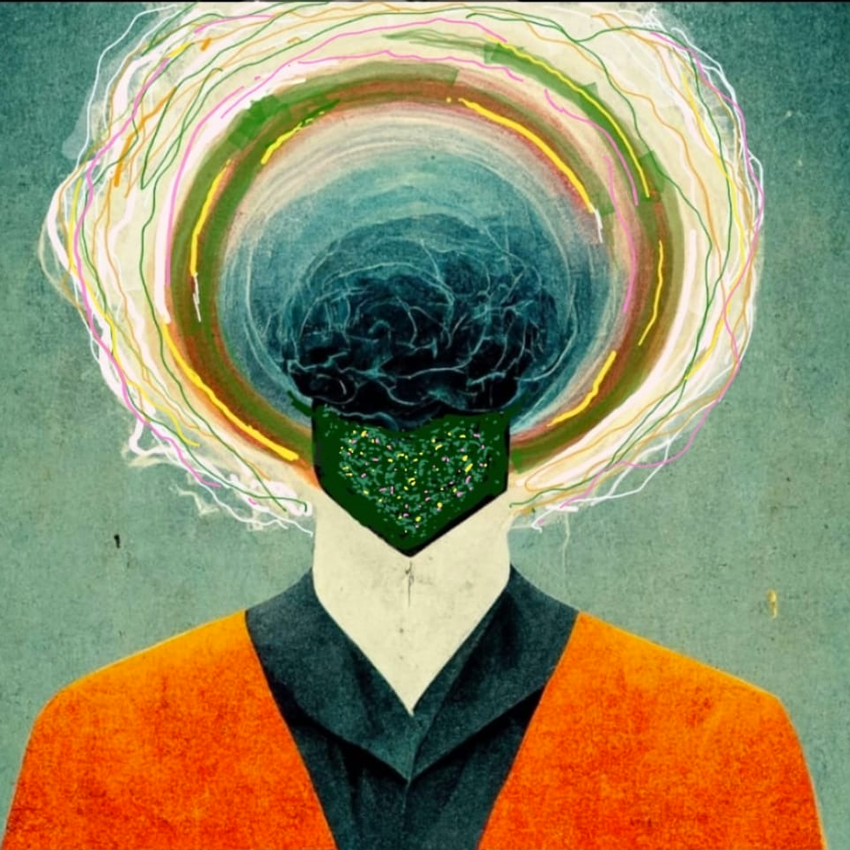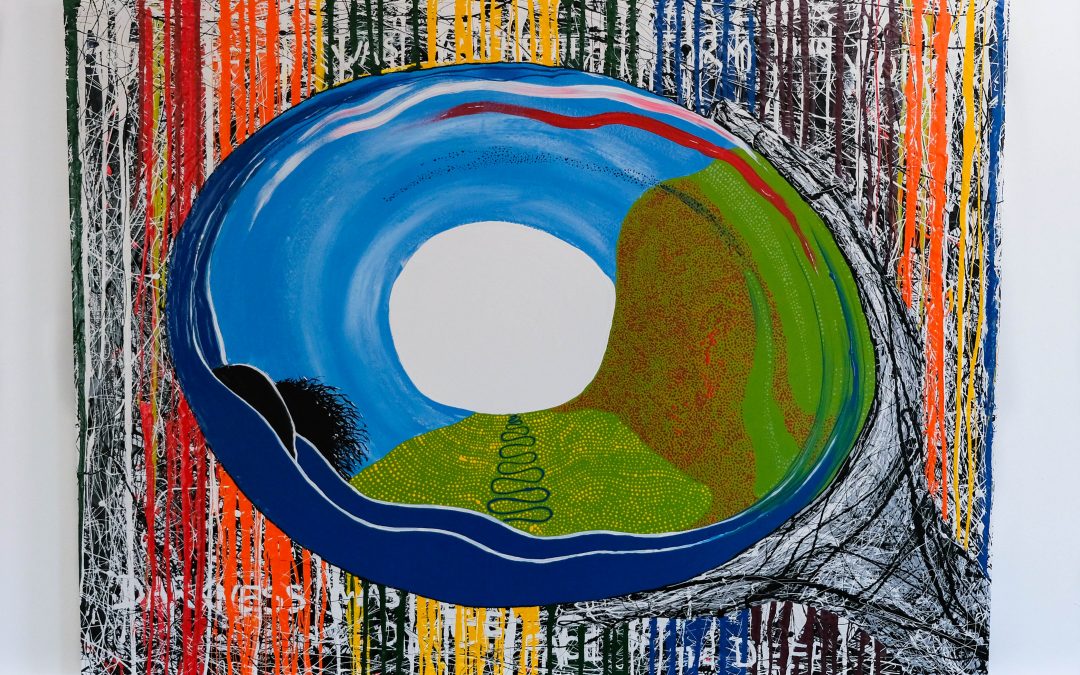If I fail to fail, does that make me a failure?
This question highlights an error of thinking.
Doing or not doing something cannot change who I am.
One is about activity, whilst the other is about my very being.
I woke up this morning believing I was a failure.
Feelings of shame and inferiority settled on me like a mourner’s shawl, and for a few minutes, I fell for it.
Until I looked closer.
Background:
I had intended to achieve a multiple-night wild camp in Northern Wales.
I had a raft of hopes invested in this adventure.
Yesterday morning I set off at 7 am, drove 6 hours, parked, ascended the mountain and had a change of heart at the top (Who does that!?).
I descended, returned to my car and drove another 6 hours home.
My Mum called me “a funny little bunny”, which I happily received and lifted my spirits, and my wife threatened to put all my camping gear on eBay, which made me laugh.
However, by the morning, thoughts of being a failure had returned.
What an excellent opportunity to spotlight these thoughts and feelings and see if they hold up under scrutiny.
Spoiler: They do not.
Life is full of moments when we do not gain the results we hoped, planned and aimed for:
- Exams and tests
- Our own rules and boundaries
- Relationships
- Ideals for our children
- Career paths
- To-do lists
- Body image
- Relapses of many kinds
- So many other goals and aspirations
To fail means that I tried but didn’t achieve my goal.
The above sentence describes a course of action, an intention and the action’s result.
It does not comment on WHO I AM.
Who I am, is my essence, core self, and true identity, which cannot be increased or decreased by achievement or non-achievement.
I am the presence intentioning the attempt.
I am not the attempt or the result.
I am who I am, not what I do or don’t do.
Failure is something that happens ‘to’ us and which we can learn to guard against better.
My support structures can let me down.
These include a virtual toolbox wherein I keep the tools I need to get stuff done.
My tools include:
- Knowledge and understanding,
- Thinking
- Resilience,
- Skillsets,
- Ideas and creativity,
- Fitness,
- Humour,
- Reward systems
- Patience
- Relationships
- So many more it would be impossible to list, but you get the idea.
These are my tools.
My tools are not me.
If I have tried and failed a task, one or more of my tools must be improved or added to.
They say a poor workman blames his tools, and I will suggest that the “poor” adjective is a comment on the work and that his tools include his abilities and attitude.
My toolset needs constant review, regular upgrades and maintenance.
I should look to add to my arsenal of resources wherever possible.
Changing my mind about a course of action can be okay and may reflect an ability to move freely with the winds of daily living.
Making an effort and trying hard is a success in its own right, regardless of the outcome.
Failure brings opportunity for learning.
I am not a failure.
I am a beautiful being, fearfully and wonderfully made.
My resources are limited but growing.
Sometimes I fail in my attempts.
I’m good with that.
TOP TIP:
Be very careful completing sentences which start: “I am ..”
Be slow to dole out judgements upon me and others. We’re all doing our best with the tools at our disposal.
Love and peace

